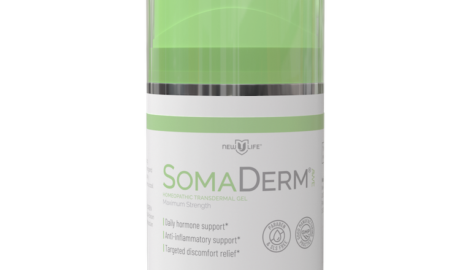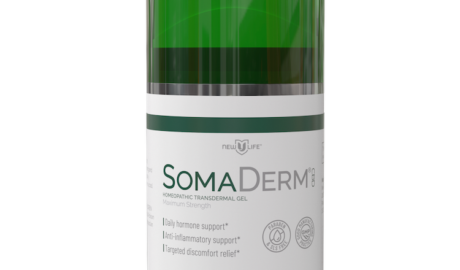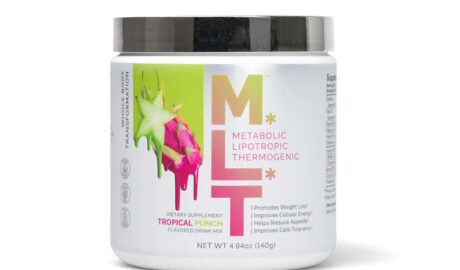A new analysis of acne creams and cleansers found dozens, including popular products like Proactiv and Clearasil, contain high levels of a chemical linked to cancer. The findings confirm some of an earlier study that received criticism for its methods, putting more pressure on the U.S. Food and Drug Administration to take action on products widely used by American teenagers.
Researchers tested more than 100 benzoyl peroxide acne products available at major retailers in six states. They found about a third were contaminated with high levels of benzene, a chemical that can cause cancer.
Proactiv contained 18 times the amount of the potent carcinogen allowed in U.S. drugs, the analysis published on Monday in the Journal of Investigative Dermatology found. A CVS-brand face wash had 13 times levels considered safe by the FDA.
“The results presented here suggest that a substantial portion of the BPO [benzoyl peroxide] acne treatment market currently contains unacceptably high levels of benzene in products sitting on the shelf,” the study’s researchers wrote in their analysis.
Researchers included New Haven, Connecticut-based Valisure lab and professors from Yale and Long Island universities.
In recent years, unhealthy levels of benzene have been found in all sorts of consumers products, raising questions about the FDA’s oversight. Researchers at Valisure initially uncovered the issue with acne creams and cleansers in another analysis earlier this year, and in March filed a petition with the FDA to recall those it had found with high levels of benzene.
At the time, the agency said it would work to verify Valisure’s claims before acting. In July a spokesperson told Bloomberg the agency is still conducting that research.
Read More: Scientists Are Finding Out Just How Toxic Your Stuff Is
The lab’s earlier study received pushback for testing products kept at high temperatures, around 122F (50C). In their follow up, researchers kept products at room temperature. Unlike the initial analysis, this study was peer-reviewed, giving it another level of rigor.
While some of the acne creams and cleansers were still found to contain high levels of the chemical, around 70, including Clean & Clear and Neutrogena products, didn’t contain benzene levels above the U.S. limit when they weren’t exposed to heat. A few, including some Clearasil offerings, contained the carcinogen in amounts just above the U.S. limit, which is 2 parts per million.
The study published Monday day also found benzene levels in acne treatments could significantly rise when exposed to ultraviolet light at body temperature, indicating users could face increased risk while in the sun.
A spokesperson for CVS Health Corp. said the company is committed to ensuring its products are safe. A spokesperson for Reckitt Benckiser Group Plc, maker of Clearasil, said it’s confident the product is safe. Sun Pharmaceutical Industries Ltd., which bought Proactiv maker Taro Pharmaceutical Industries Ltd. in June, didn’t respond to requests for comment.
The FDA first told drugmakers in 2021 they should test certain products for benzene. This would include those that are made with hydrocarbons like benzoyl peroxide, an agency spokesperson said. None of the companies responded to questions about whether they have tested their products for benzene.
“I think we’re going to see a little more careful attention from the manufacturers,” said Christopher Bunick, a Yale University associate dermatology professor and a co-author on the study. “They have a duty to the consumer to check.”






